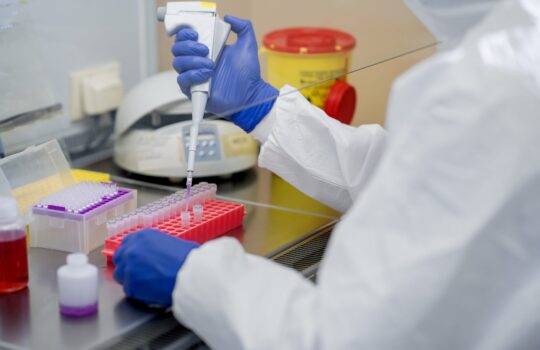Genelink’s Oligo Synthesis Service: Can Custom Primers and Probes Advance Your Molecular Biology Research?

Polymerase chain reaction (PCR) is a powerful tool in molecular biology for amplifying target DNA sequences. Primers are short, single-stranded DNA molecules that initiate DNA synthesis from a template DNA molecule during PCR. Primers are designed to bind to specific regions of the target DNA sequence, and are used in combination with a DNA polymerase enzyme to amplify the target sequence.
Incorporating probes into the PCR reaction can provide an additional layer of specificity and sensitivity. Probes are typically single-stranded DNA or RNA molecules that bind to the target DNA sequence between the two primers. Probes are labeled with a fluorescent dye and a quencher molecule, and as the DNA is amplified, the probe is cleaved, releasing the fluorescent dye and generating a fluorescent signal that can be detected by a fluorescence detector.
The use of primer-probe systems in real-time PCR enables the accurate and sensitive detection of amplified DNA sequences. This technology has broad applications in areas such as disease diagnosis, genetic testing, and drug development. Overall, the incorporation of probes into PCR reactions represents an important advancement in the field of molecular biology, enabling researchers to detect and analyze DNA sequences with high specificity and sensitivity.
The design and synthesis of primers and probes are critical to the success of real-time PCR experiments. Genelink, a leading provider of oligonucleotide synthesis services, offers custom primer and probe design and synthesis for researchers in the life sciences. Their oligo synthesis service uses state-of-the-art technology and high-quality reagents to produce primers and probes with high specificity and sensitivity.



